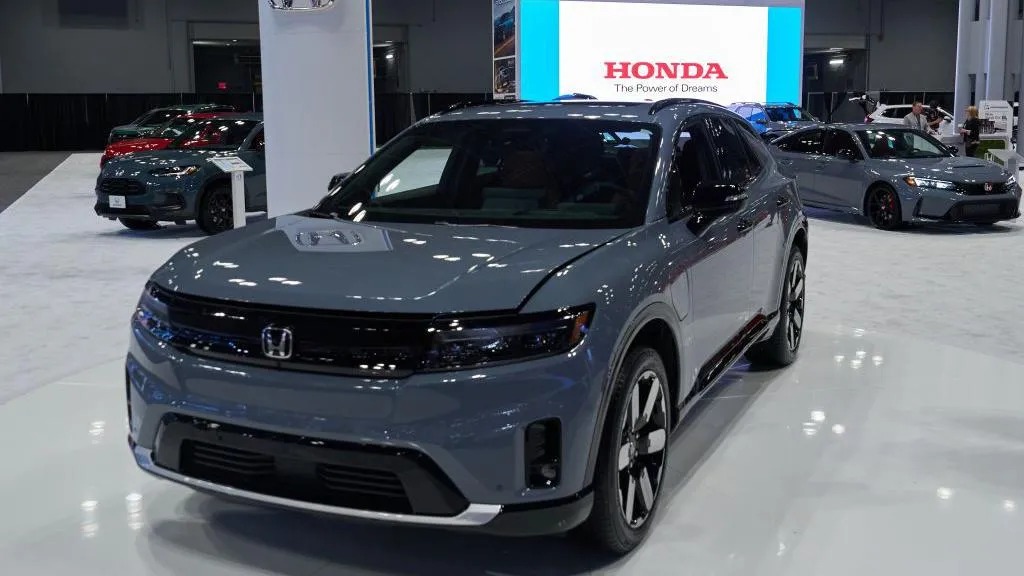
Honda-Nissan Merger Talks Fail, Shaking the Auto Industry
Merger talks between Honda and Nissan have collapsed after the firms failed to reach an agreement on a multi-billion-dollar tie-up. The planned $60 billion merger would have created the world’s fourth-largest automaker, helping both brands compete against global rivals.
The Japanese car manufacturers, along with Mitsubishi, sought to combine forces to tackle growing competition, particularly from China’s electric vehicle (EV) market. However, despite months of discussions, the companies failed to align on crucial terms.
Why the Honda-Nissan Merger Failed
Industry experts speculate that power struggles and strategic disagreements led to the breakdown. Honda entered the negotiations in a stronger financial position, producing and selling more cars than Nissan. Meanwhile, Nissan has faced challenges, including declining sales and leadership turmoil following the arrest of former CEO Carlos Ghosn in 2018.
According to Karl Brauer, an analyst from iSeeCars.com, the failed merger was not surprising. He noted that many automotive mergers struggle due to differences in company cultures and objectives.
“Plenty of automotive mergers have not worked out, and this one had as much potential for disaster as it did to help both brands,” he said.
Honda’s CEO Toshihiro Mibe made it clear that any deal depended on Nissan successfully executing its turnaround strategy. However, the firms ultimately disagreed on whether Nissan should be an equal partner or a subsidiary within the merged entity.
What’s Next for Nissan and Honda?
Without a merger, Nissan faces an uncertain future as it continues to battle high costs and fierce competition. A potential investor has already emerged, with Taiwan’s Foxconn expressing interest in purchasing Nissan shares to explore collaboration opportunities.
Foxconn’s chairman Young Liu stated that the company is open to partnerships with Renault, the French automaker that holds a 36% stake in Nissan. Renault, which played a crucial role in Nissan’s survival in 1999, described the Honda-Nissan merger terms as “unacceptable”.
Meanwhile, both Honda and Nissan must also navigate potential U.S. tariffs and the growing dominance of Chinese electric carmakers like BYD. In March 2023, the two Japanese giants had initially agreed to explore a strategic partnership for electric vehicles, recognizing the need to compete in the rapidly evolving market.
“If we do not strengthen our capabilities by 2030, we will be overtaken,” Honda’s CEO warned, emphasizing the growing dominance of China’s EV sector.
Industry Implications: What This Means for Automakers
The collapse of the Honda-Nissan merger highlights the challenges of large-scale automotive consolidation. With increasing regulatory pressures, rising production costs, and the EV revolution, companies must rethink their strategies to remain competitive.
While Nissan seeks alternative partnerships, Honda is expected to focus on independent innovation in electric and hybrid technology to maintain its global position. Both brands will likely reassess their growth plans to stay ahead in the evolving automotive landscape.
For now, the failure of the Honda-Nissan merger underscores the complexities of corporate alliances in the competitive world of car manufacturing.
Internal Link: Latest Automotive News on Kenkou Land
External Link: Read More on BBC



